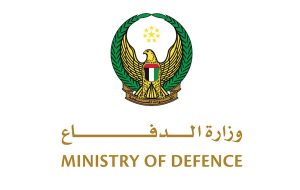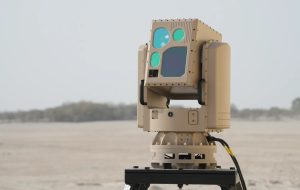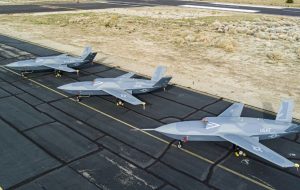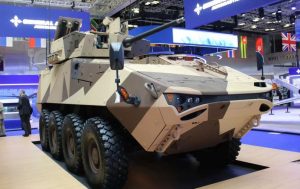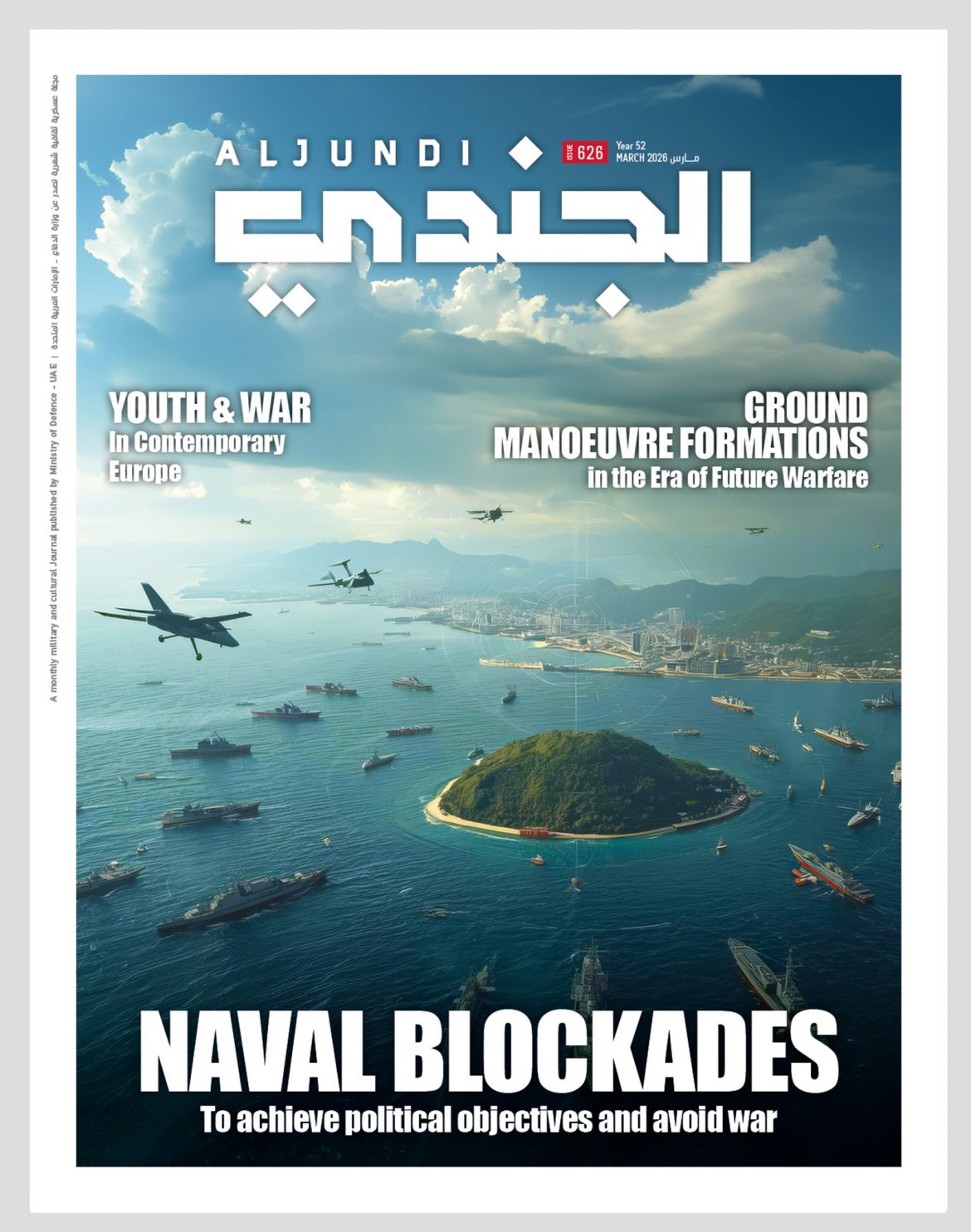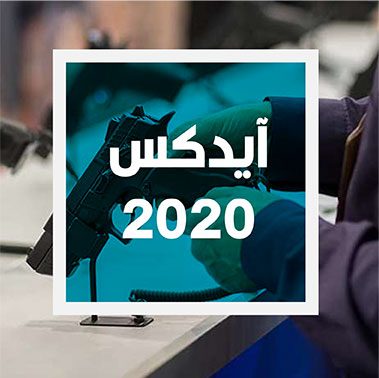Artificial intelligence is attracting the attention of the world today, as one of the most important technical topics of this century. The term refers to everything related to making machines intelligent, with the aim of simulating the unique logical thinking capabilities of humans.
Over the past decade, the impact of artificial intelligence has escalated in political science and at the level of the decision-making process. We will review some of the stations that knew such an impact, including; Many politicians use this intelligence to gain insight into the public’s viewpoints, and to align government policies with societal aspirations, to strengthen their popularity.
Artificial intelligence can be one of the most powerful tools for decision makers, through their reliance on data and predictive analytics technology, which will provide an accurate picture about policies and challenges, how their problems can be solved, and analyze the gaps in the political system. This led some of them to say that in the next few decades, governments will be made up of people and machines, united by competition for positions and seats in Parliament, in addition to improving transparency and scrutiny of government activities and expenditures.
Perhaps one of the scenarios put forward in this regard is for governments to employ artificial intelligence, in order to acquire citizens’ confidence by improving the effectiveness and efficiency of public services, while another scenario raises the possibility of relying on fully automating governments and handing over power to artificial intelligence systems that will be employed in certain key positions.
AI systems will be able to promote peace in specific and important ways, providing unique tools to identify and analyze emerging trends and threats. In the same sense, AI systems provide journalists, policymakers, analysts, and human rights advocates with data-rich assessments and analyses of terrorist operations, and enhance early warning and anticipation efforts.
It is noted that the majority of field research in international relations and strategic studies focuses on the impact of artificial intelligence on military capabilities, the global balance of power, and seek to enhance these capabilities and develop their methods of work.
In other words, the contributions of artificial intelligence to the development of lethal autonomous weapons systems have become a foregone conclusion, as “killer robots” equipped with high technologies and accurate cameras will enable them to explore, identify enemy targets and attack them, without human intervention, and thus the forms of future wars will change.
It is interesting to see how countries will manage their political and economic systems, in light of the independence of machines from human influence and control, which threatens the political, economic and security model that countries used to adopt.
However, artificial intelligence is establishing a new enlightenment era, which leads us to the need to adapt and harmonize living with its outputs.



